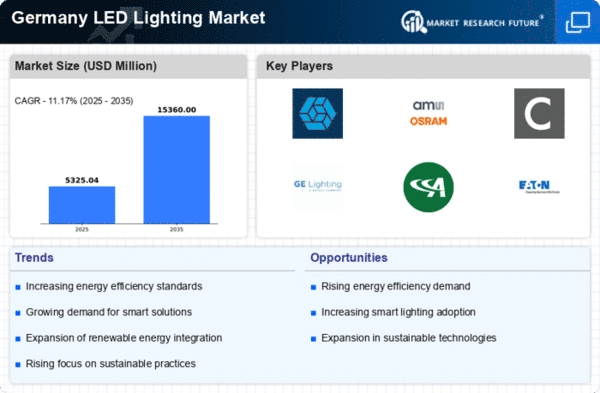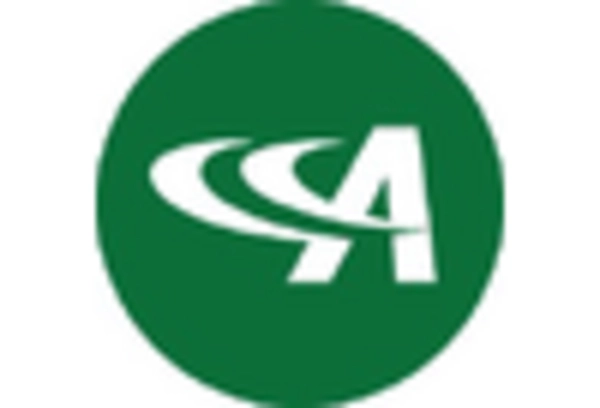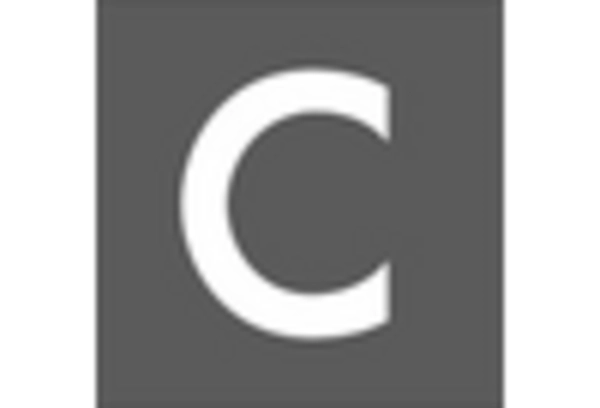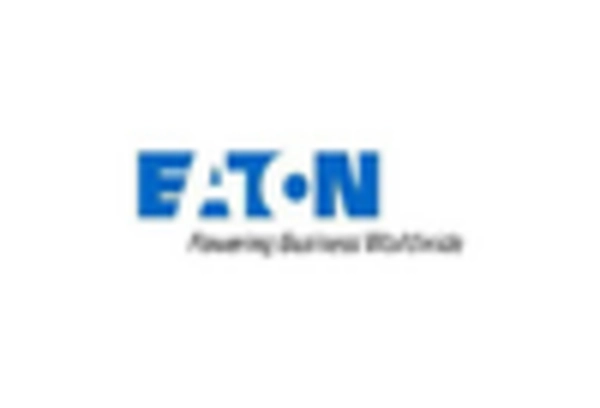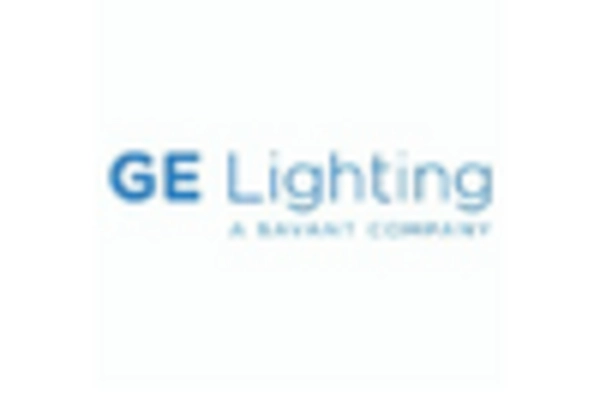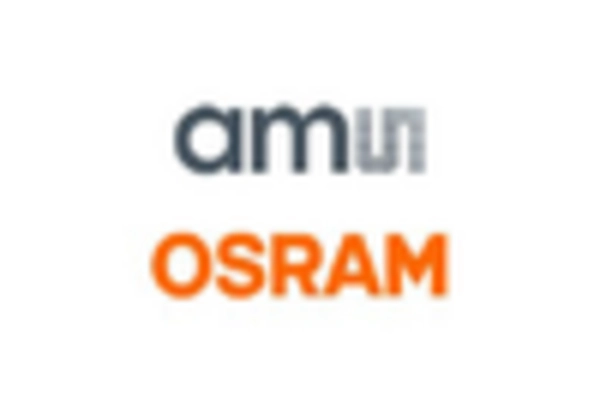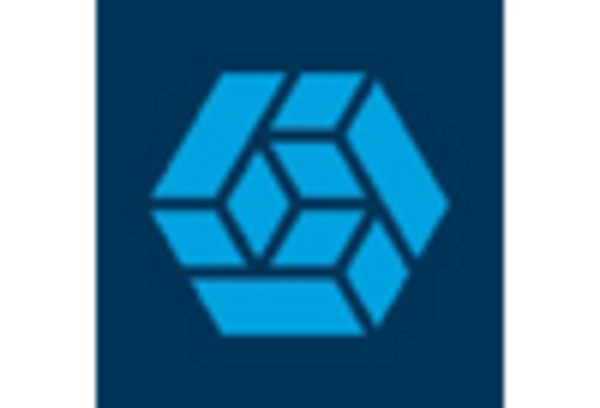Shift Towards Smart City Initiatives
Germany's commitment to developing smart cities is significantly impacting the led lighting market. Municipalities are increasingly investing in smart lighting solutions that integrate with urban infrastructure. These initiatives aim to enhance energy efficiency, reduce operational costs, and improve public safety. For example, smart street lighting systems equipped with sensors can adjust brightness based on pedestrian activity, leading to substantial energy savings. This shift towards smart city initiatives is expected to drive the demand for led lighting products, thereby fostering growth within the led lighting market in Germany.
Increased Investment in Renewable Energy
The led lighting market in Germany is positively influenced by the country's increased investment in renewable energy sources. As Germany transitions towards a more sustainable energy landscape, the demand for energy-efficient lighting solutions is expected to rise. The government has set ambitious targets for renewable energy, aiming for 65% of electricity consumption to come from renewable sources by 2030. This transition not only supports the growth of the led lighting market but also encourages consumers and businesses to adopt energy-efficient technologies that align with their sustainability goals.
Regulatory Support for Energy Efficiency
The led lighting market in Germany benefits from robust regulatory frameworks aimed at enhancing energy efficiency. The German government has implemented stringent energy-saving regulations, which encourage the adoption of energy-efficient lighting solutions. For instance, the Energy Saving Ordinance mandates the use of energy-efficient lighting in public buildings and infrastructure. This regulatory support not only drives demand for led lighting but also aligns with Germany's commitment to reducing greenhouse gas emissions by 55% by 2030. Consequently, the led lighting market is poised for growth as businesses and consumers increasingly seek compliant solutions that meet these regulations.
Rising Consumer Awareness of Energy Costs
In Germany, there is a growing awareness among consumers regarding energy costs, which significantly influences the led lighting market. As electricity prices continue to rise, households and businesses are increasingly seeking cost-effective lighting solutions. Led lighting, known for its low energy consumption and long lifespan, presents an attractive alternative. Reports indicate that led lights can reduce energy consumption by up to 80% compared to traditional incandescent bulbs. This heightened consumer awareness drives the demand for led lighting products, thereby propelling the growth of the led lighting market in Germany.
Technological Innovations in Lighting Solutions
The led lighting market in Germany is experiencing a surge in technological innovations that enhance product performance and efficiency. Advancements such as smart lighting systems, which allow for remote control and automation, are becoming increasingly popular. These innovations not only improve user experience but also contribute to energy savings. The integration of IoT technology in lighting solutions is expected to grow, with projections indicating a potential increase in market size by 20% over the next five years. Such technological advancements are likely to further stimulate the led lighting market as consumers seek modern, efficient lighting options.

